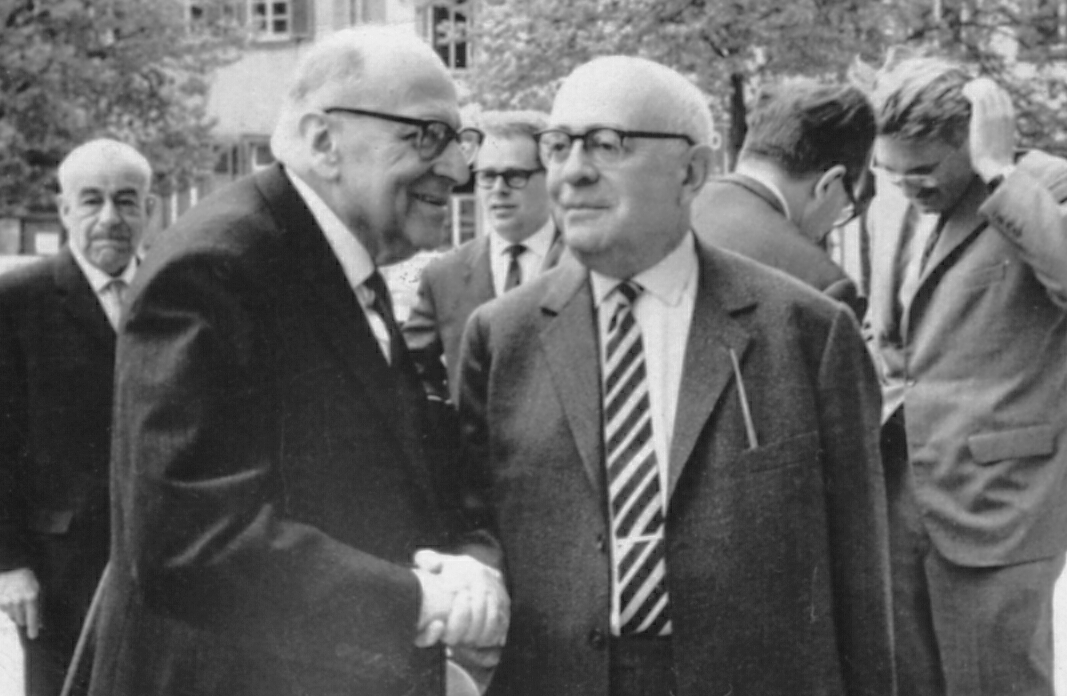Dialectic of Enlightenment: Philosophical Fragments
Frases célebres de Max Horkheimer
Critical Theory: Selected Essays
Dialectic of Enlightenment: Philosophical Fragments
Max Horkheimer: Frases en inglés
Fuente: "The End of Reason" (1941), p. 41-42.
describing the pragmatist view, p. 49.
Eclipse of Reason (1947)
Fuente: "The Latest Attack on Metaphysics" (1937), p. 144.
Fuente: "The Latest Attack on Metaphysics" (1937), p. 145.
describing the pragmatist view, p. 42.
Eclipse of Reason (1947)
Fuente: "The Latest Attack on Metaphysics" (1937), p. 148.
Fuente: "The Latest Attack on Metaphysics" (1937), p. 133.
describing the pragmatist view, p. 51.
Eclipse of Reason (1947)
describing the pragmatist view, pp. 46-47.
Eclipse of Reason (1947)
"Thoughts on Religion," Critical Theory: Selected Essays (1995), p. 129.
Fuente: "The Latest Attack on Metaphysics" (1937), p. 133.
Fuente: "The End of Reason" (1941), p. 29.
Fuente: "The Latest Attack on Metaphysics" (1937), p. 146.
Fuente: "The Latest Attack on Metaphysics" (1937), p. 150.
